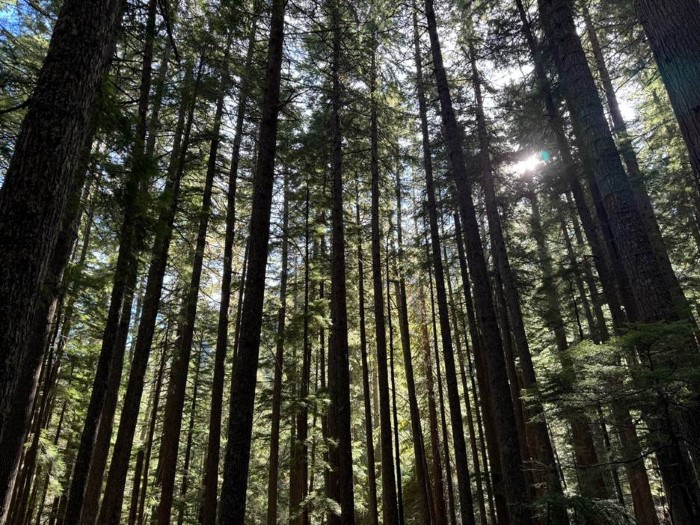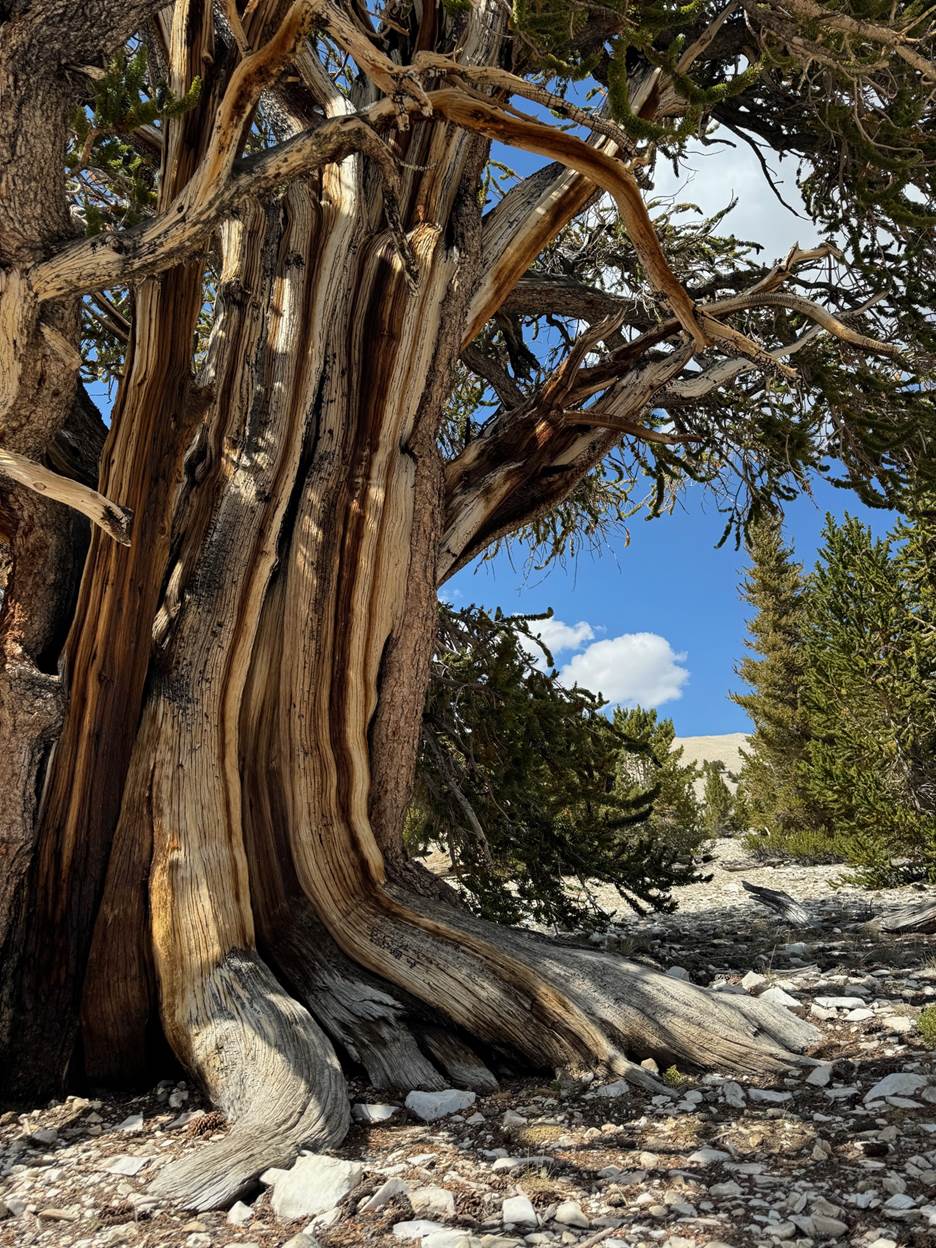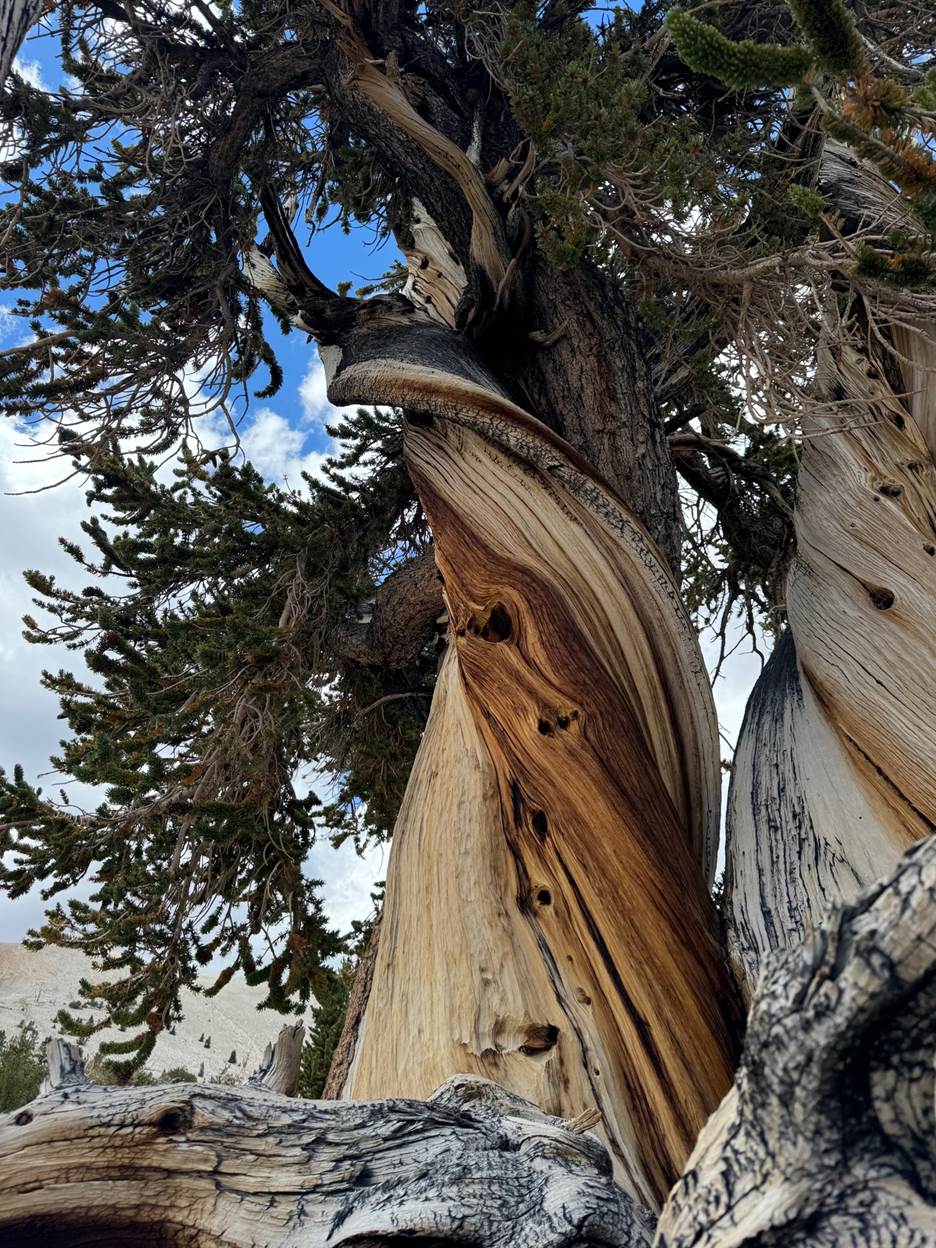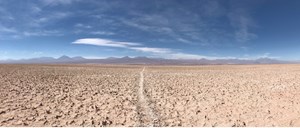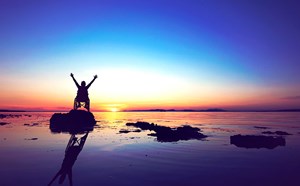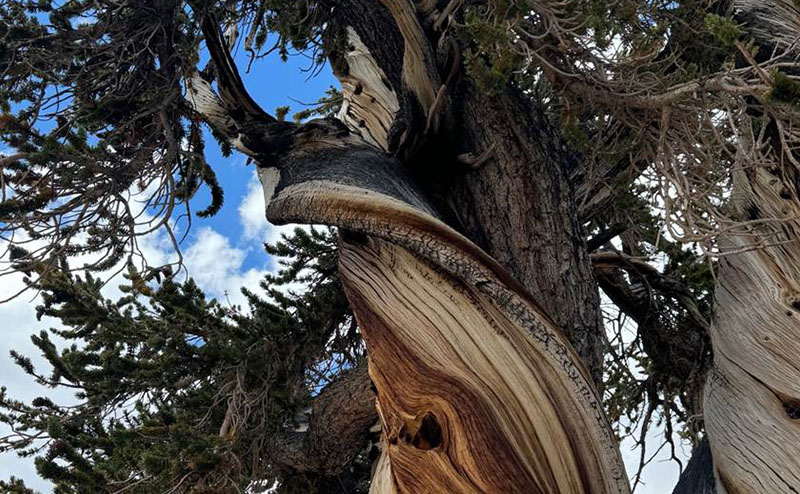
Letter from the Chair
Patrick Burns, MD
Chair, ACEP Wilderness Medicine Section
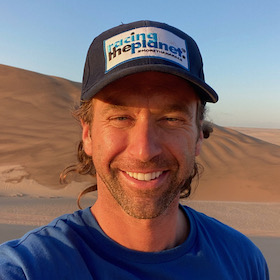
Dear Colleagues,
It is my pleasure to welcome you to another exciting year in the Wilderness Medicine Section of ACEP. Whether you are a seasoned outdoor enthusiast or just beginning to explore the intersection of emergency medicine and the natural world, you are a part of a vibrant community dedicated to the unique challenges and profound rewards of practicing medicine in the wild.
In the practice of emergency medicine, we are accustomed to working in high-stress, high-stakes environments. The constant exposure to trauma, rapid decision making, and unpredictable outcomes can take a toll not only on our physical health but on our mental health. It seems that many of my friends are currently recovering from injury, illness, or significant life stressors which stopped them from enjoying the outdoors in the ways that they desire. We all experience these periods of ups and downs in our lives and it’s important to take these as opportunities to reflect on how to find joy in outdoor spaces when limitations are set.
The concept of Wilderness as Medicine isn’t new, and I know that I am preaching to the choir about the health benefits, both mind and body, but I urge you to spread this to your friends, colleagues, patients, acquaintances. Sometimes we can lose site of the things that can bring us joy, getting lost in the tornado of our lives.
The Japanese practice of forest-bathing (shinrin-yoku) aims to use nature as a tool for a mindfulness practice with the intent, “to put people in touch with present moment experience in a very deep way” according to Susan Albers, PsyD with the Cleveland Clinic. “The sights, sounds and smells of the forest take us right into that moment, so our brains stop anticipating, recalling, ruminating and worrying.” The practice is centered around three traditional Japanese concepts:
- Yugen describes awe in the natural world that the deep emotions you feel can’t be expressed with words.
- Komorebi describes the interplay between the sun and the leaves.
- Wabi sabi celebrates the beauty of imperfection and impermanence.
Time spent in the Wilderness is not necessarily about exercise and athleticism, though that can also be a benefit. A 2019 meta-analysis showed that the practice of forest-bathing is associated with significant impacts on lowering cortisol levels and blood pressure. A 2021 systematic review in the Journal of Pediatrics echoed benefits for physical and mental health centered around residential green spaces. Furthermore, data compiled during the height of the COVID pandemic informed a 2024 metanalysis showing that access to green spaces, frequency of visits and time spent in nature were associated with lower rates of depression, improved overall mental health and lower stress, respectively.
For many of us, stepping away from the hospital and into the wilderness allows us to reset, find clarity, creativity and connection with the restorative power of quiet, natural beauty and the feeling of being part of something larger than ourselves.
So be intentional, make the time – and grab that friend - to go for a walk in nature.
As always, thank you for all that you do for your patients!
Patrick Burns MD
Chair, ACEP Wilderness Medicine Section
“Some old-fashioned things like fresh air and sunshine are hard to beat.” -Laura Ingalls Wilder
References:
Antonelli M, Barbieri G, Donelli D. Effects of forest bathing (shinrin-yoku) on levels of cortisol as a stress biomarker: a systematic review and meta-analysis. Int J Biometeorol. 2019 Aug;63(8):1117-1134. doi: 10.1007/s00484-019-01717-x. Epub 2019 Apr 18. PMID: 31001682.
Fyfe-Johnson AL, Hazlehurst MF, Perrins SP, Bratman GN, Thomas R, Garrett KA, Hafferty KR, Cullaz TM, Marcuse EK, Tandon PS. Nature and Children's Health: A Systematic Review. Pediatrics. 2021 Oct;148(4):e2020049155. doi: 10.1542/peds.2020-049155. Epub 2021 Sep 29. PMID: 34588297.
Forest Bathing: What It Is and Its Potential Benefits (ClevelandClinic.org, December 6, 2023)
Patwary MM, Bardhan M, Disha AS, Dzhambov AM, Parkinson C, Browning MHEM, Labib SM, Larson LR, Haque MZ, Rahman MA, Alam MA, Tareq MF, Shuvo FK. Nature exposure and mental health during the COVID-19 pandemic: A Navigation Guide systematic review with meta-analysis. Environ Pollut. 2024 Sep 1;356:124284. doi: 10.1016/j.envpol.2024.124284. Epub 2024 May 30. PMID: 38821342.
